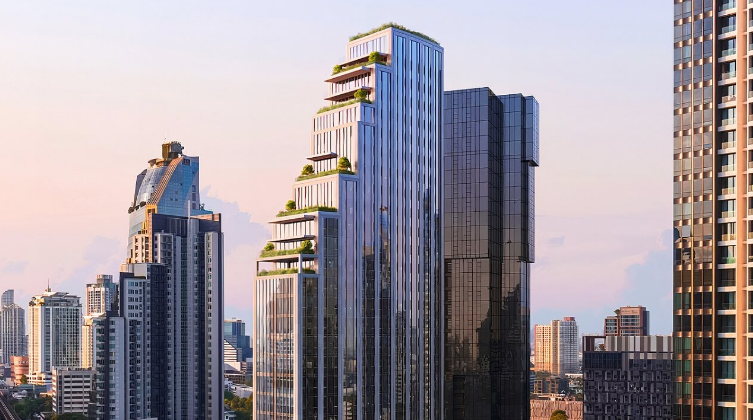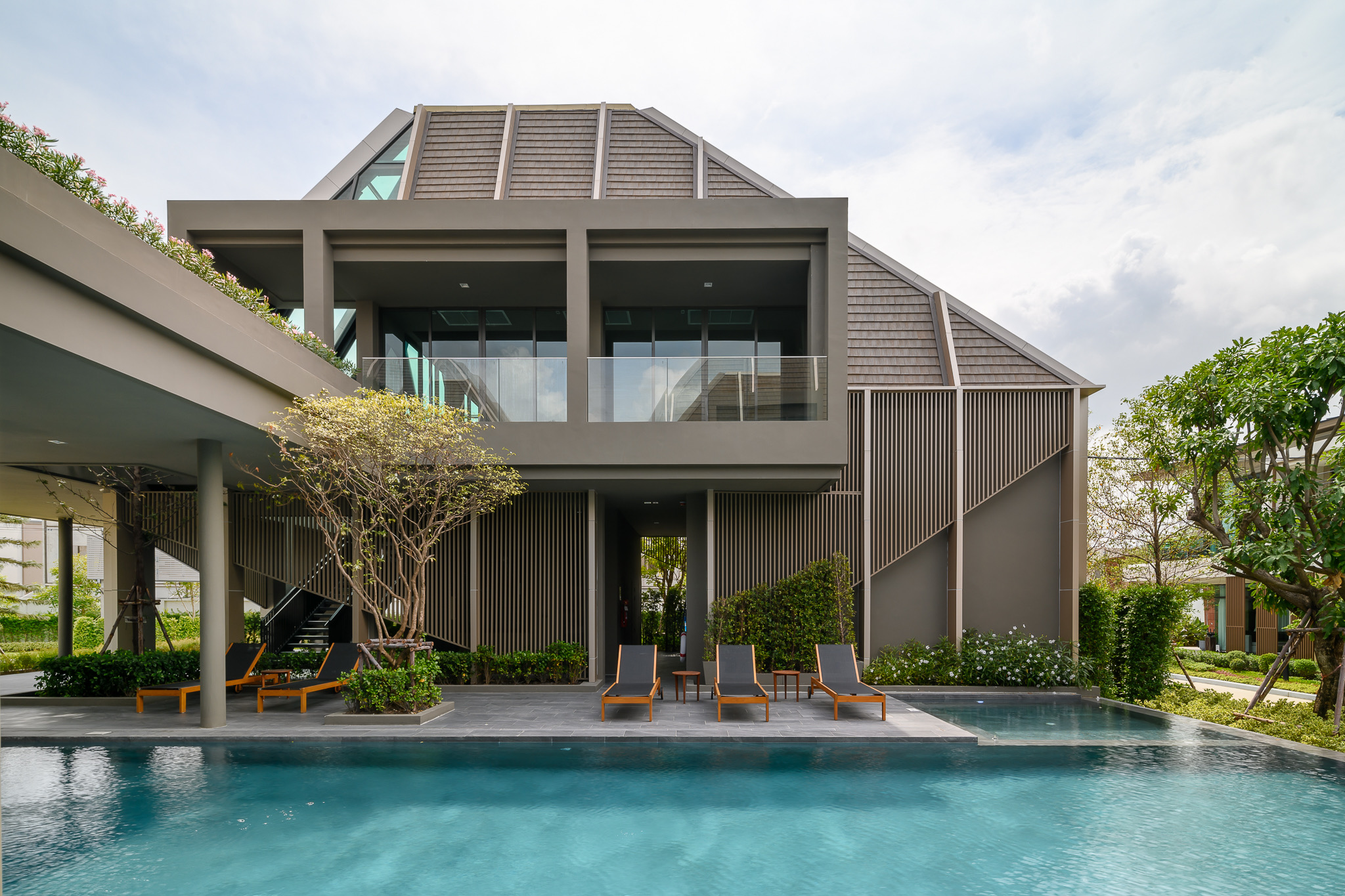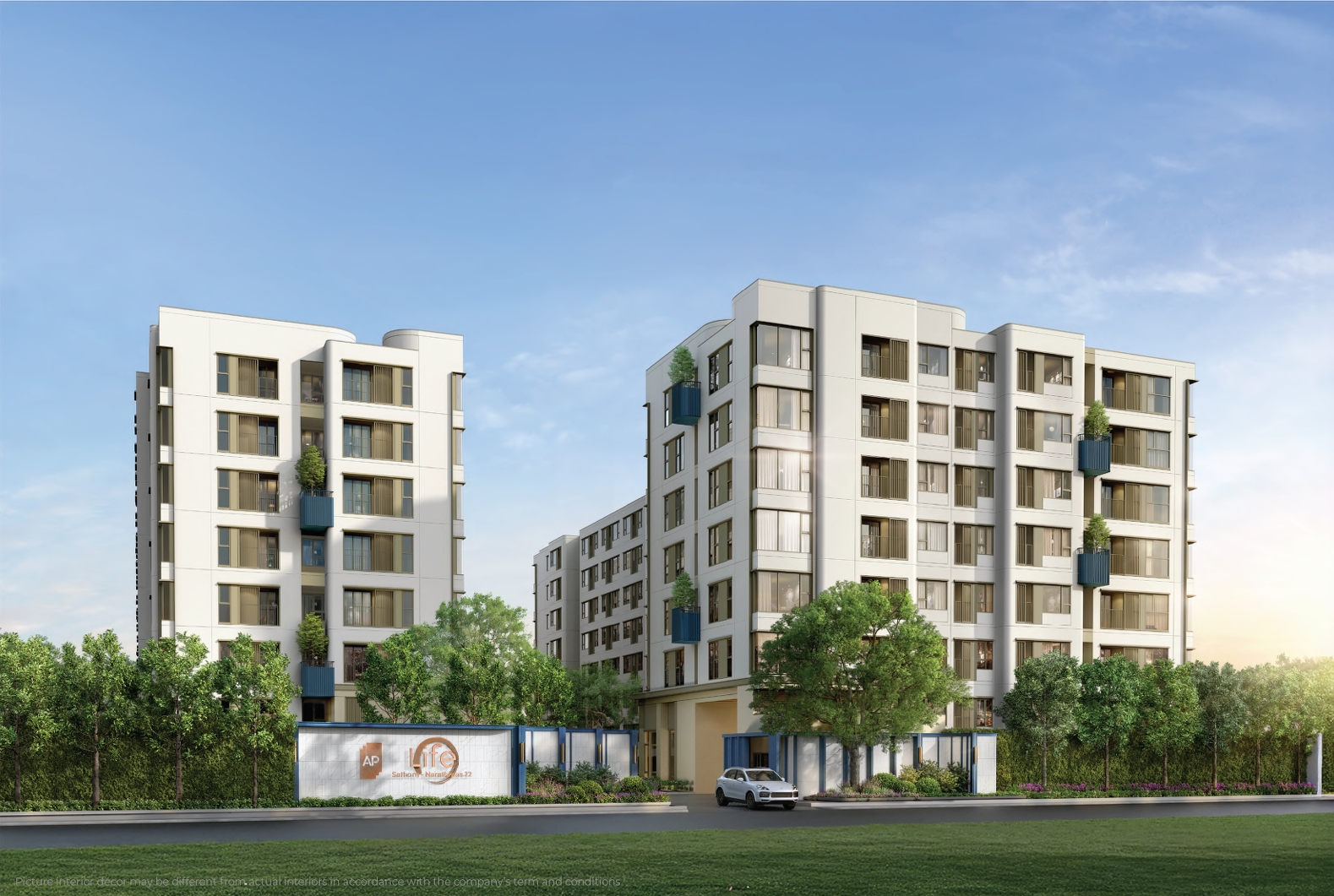What Should Chinese Property Owners Do If Their Homes in Thailand Are Damaged by Earthquakes While They're Abroad?
3月28日的曼谷,让很多人瞬间绷紧了神经。一场突如其来的地震,打破了城市原本的节奏。4月1日,曼谷Erawan Center紧急医疗中心发布报告称,截止2025年3月31日下午17点20分,此次地震已造成20人死亡,34人受伤。受影响的不只是地面交通和城市运行,还有不少正在运营或建设中的大楼。
On March 28, an unexpected earthquake jolted Bangkok, putting many people instantly on edge. The city’s usual rhythm was suddenly disrupted. According to a report released on April 1 by the Erawan Emergency Medical Center, the earthquake had resulted in 20 deaths and 34 injuries as of 5:20 PM on March 31, 2025. The impacts extended beyond transportation and city operations—numerous buildings under construction or already in use were also affected.
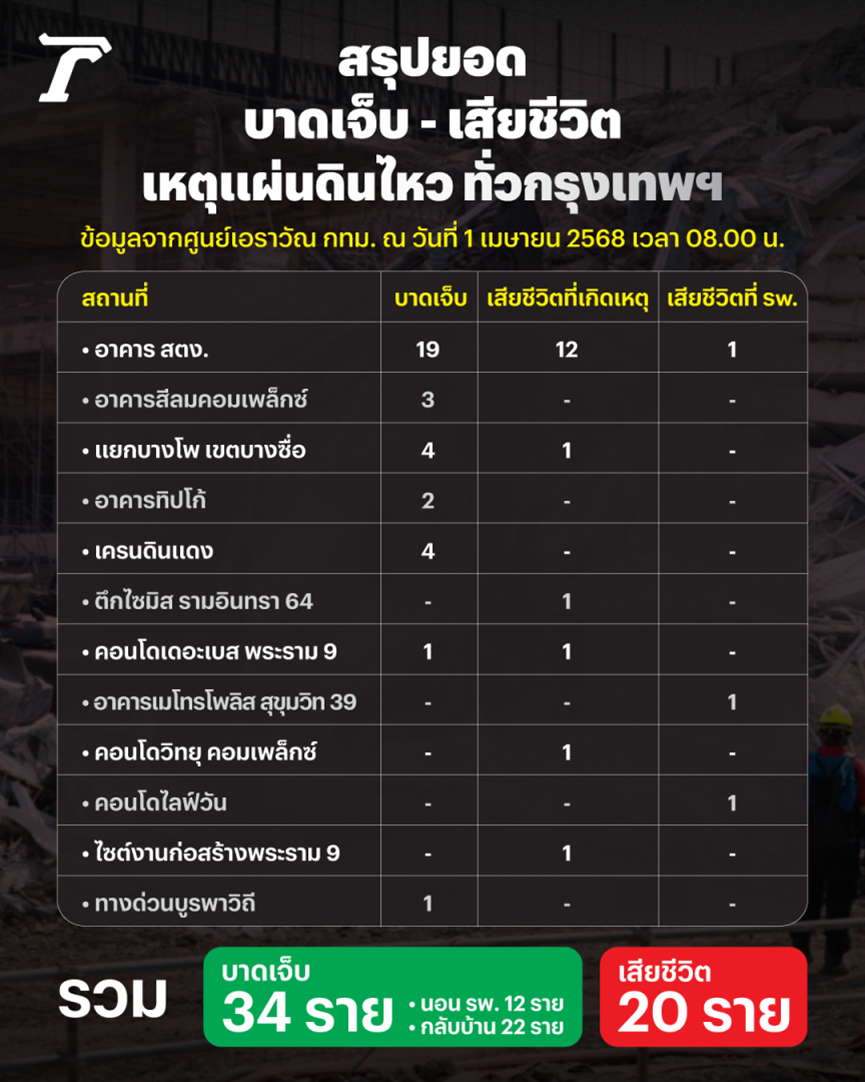
这几天,不少在泰国置业的朋友都收到了来自租客或物业的消息:房子可能受地震影响了。人在国内,房子在泰国,出了问题真的一点也帮不上忙。
有的房东焦急地问保险赔不赔?该联系谁?怎么办手续?有没有远程处理的办法?
这篇文章,希望能帮你理清这些问题——从理赔、维修到防范措施,全写在里面了。
In recent days, many Chinese investors who own properties in Thailand have received messages from tenants or property managers: your house may have been damaged by the earthquake.But being in China while the house is in Thailand, there’s really not much one can do from afar.
Some landlords are anxious:
Will insurance cover this?
Who should I contact?
What are the procedures?
Is there any way to handle it remotely?
This article aims to help you sort through these issues—from claims and repairs to preventative measures—it’s all covered here.
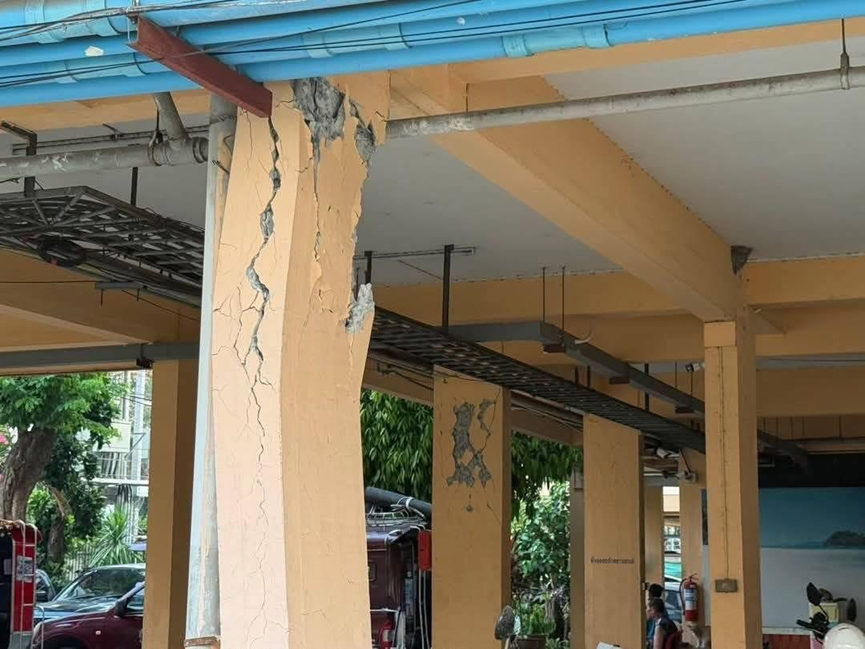
Q
我的房子有保险,能赔吗?怎么赔?
I Have Insurance—Will It Cover the Earthquake Damage?
很多华人房东第一反应是:我买了保险,应该能赔吧?但现实可能没那么乐观。
在泰国,大多数房屋保险默认不包含地震、台风等自然灾害。如果你没有特地加购“自然灾害附加险”,那这类事故往往不在理赔范围内。简单说,买了保险≠能赔地震。
The first reaction from many Chinese property owners is: I have insurance, so I should be covered, right?
Unfortunately, that may not be the case.
In Thailand, most home insurance policies do not automatically cover natural disasters like earthquakes or typhoons. Unless you specifically added a “Natural Disaster Coverage” rider to your policy, these events are usually excluded from coverage. In short, having insurance ≠ earthquake coverage.
如果你已经有保单,赶紧翻出来确认有没有这几个关键词:
Building Insurance(建筑结构险):主要针对墙体、梁柱、门窗等硬装部分损坏。
Contents Insurance(室内财产险):比如家具、电器等因事故受损的赔偿。
Natural Disaster Coverage(自然灾害附加险):这个才是关键,如果没有这项,地震基本不赔。
If you already have a policy, check it immediately for these key terms:
Building Insurance: Covers structural damage to walls, beams, doors, windows, etc.
Contents Insurance: Covers compensation for damaged furniture, appliances, and other belongings.
Natural Disaster Coverage: This is the crucial one—if this is missing, earthquake damage is typically not covered.
如果确认你买的是带自然灾害责任的保单,那请你尽快做这些准备:
详细的受损清单(损坏了什么,位置在哪)
照片或视频证据(最好拍全景+局部细节)
物业开具的损害说明
保险合同复印件
保险公司在接到报案后,可能会安排查勘员实地评估。你不在泰国?没关系,后面我会教你怎么远程搞定这些流程。
If your policy does include natural disaster coverage, here’s what you should prepare right away:
A detailed damage list (what’s broken and where)
Photo or video evidence (take both wide and close-up shots)
A damage report issued by the property management
A copy of your insurance contract
After receiving the claim, your insurance company may send a surveyor to conduct an on-site inspection. Not in Thailand? Don’t worry—we’ll show you how to handle it remotely later in this article.
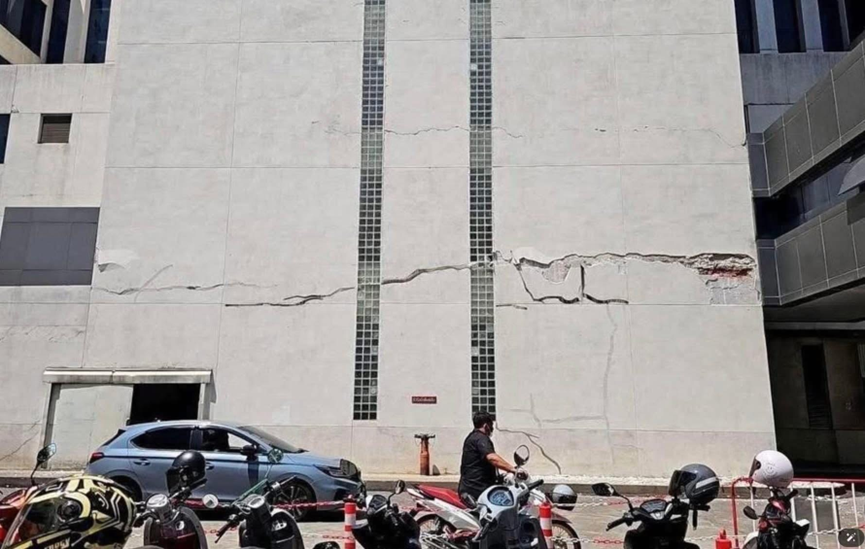
Q
我的房子有保险,能赔吗?怎么赔?
I Have Insurance—Will It Cover the Earthquake Damage?
地震之后,你可能会听到租客说“墙开裂了”“灯掉了”“楼梯有问题了”,但别急着自己掏钱修,先分清楚责任归属。
泰国公寓通常由业主委员会或物业公司统一管理。简单说,公寓分两块:
一块叫公共区域,比如电梯、大堂、走廊、楼外墙、停车场、屋顶这些;
一块是你自己家里,也就是室内结构、天花板、家具电器等等。
After the earthquake, you might hear from tenants saying things like:“The wall is cracked,” or “The lights fell,” or “The stairs are damaged.”But don’t rush into fixing things at your own expense—first determine who’s responsible.
Condominiums in Thailand are typically managed by a juristic person or property management company. In general, property areas fall into two categories:
Common areas: elevators, lobbies, corridors, exterior walls, parking lots, rooftops, etc.
Private units: everything inside your own unit, including ceiling, walls, furniture, and appliances.
责任划分很清晰:
公共部分损坏:由物业负责维修。比如楼道天花板掉了、电梯门变形了,这都应该由物业出面处理,也可以通过公寓整体保险来赔付。
私人区域受损:如果你家墙面裂了、家具砸坏了、空调摔了,那就归你自己修。如果你之前买了内容险(Contents Insurance),可以申请理赔。
Responsibility is clearly divided:
Damage to common areas: handled by property management, possibly covered by the building’s collective insurance.
Damage to your private unit: you are responsible. If you have Contents Insurance, you can file a claim.
还有一点很重要:根据泰国《物业管理法》,物业公司有义务出具受损报告,无论你要理赔、维修、还是找开发商交涉,这份报告都是关键文件。记得找他们开具盖章版,越详细越好。
Another key point: According to Thailand's Property Management Act, the property management has the obligation to issue a damage report. Whether you’re claiming insurance, arranging repairs, or negotiating with the developer, this official report is crucial—make sure it's stamped and detailed.
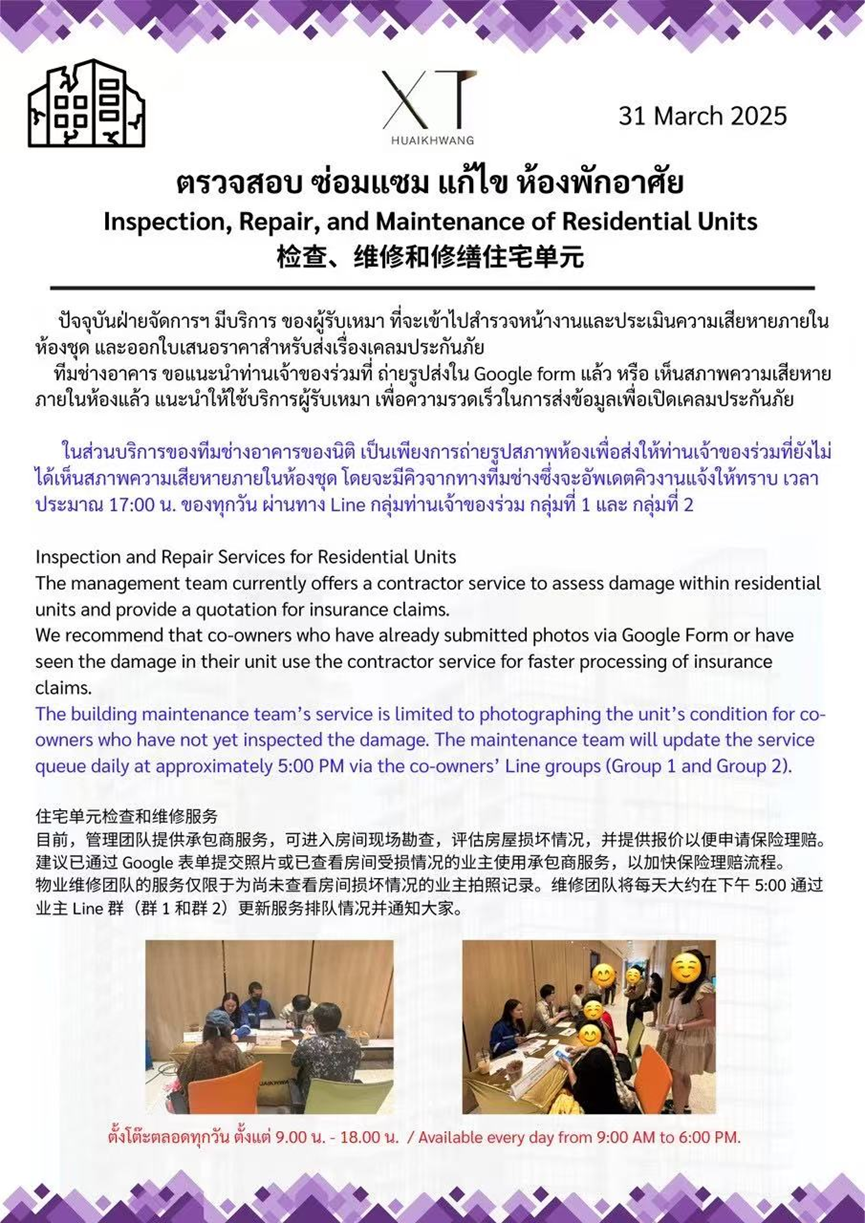
Q
我人在国内,怎么远程处理损失?
I’m in China—How Do I Handle This Remotely?
这是很多华人房东的现状:房子在泰国,人却远在国内。一旦出了事,不知道该怎么处理,只能干着急。别慌,其实现在的管理机制,已经允许你远程处理大部分流程。你只需要掌握几个关键步骤:
This is the reality for many Chinese property owners—your home is in Thailand, but you’re thousands of kilometers away. Something goes wrong, and you’re left feeling helpless.Don’t panic. Thailand’s current property management systems allow you to handle most of the process remotely. Here are the essential steps:
1. 让物业先检查,并拍摄现场
第一时间联系物业,请他们帮你检查房屋情况,并拍照或拍视频发给你。别怕麻烦,要他们详细拍,哪些墙体开裂、吊灯掉了、瓷砖碎了都要拍清楚。
2. 让他们出具一份【损害报告】
这个是保险理赔的关键资料。正规物业都知道这份报告的重要性,他们会写明损坏位置、初步判断、发生时间等,记得让他们加盖章。
3. 委托代理人报案、对接理赔
保险公司可能需要实地查勘。如果你本人不在泰国,可以写一份授权委托书,请在泰朋友、律师或房产中介代为处理。绝大多数保险公司都接受这种代理方式。
4. 远程安排维修
你可以请物业推荐维修公司,也可以自己对接熟悉的第三方装修团队。有些平台还能提供在线报价和施工进度反馈,省心不少。
1. Ask the property manager to inspect and document the damage
Contact the building management immediately and request a thorough inspection. Ask them to take detailed photos and videos—don’t worry about seeming demanding, you need evidence of what’s broken and where.
2. Request a formal damage report
This is key to insurance claims. A proper damage report will include details like where the damage is, a preliminary assessment, and the estimated time of occurrence. Ensure it's officially stamped.
3. Appoint a representative to file the claim
The insurer may require an on-site inspection. If you’re not in Thailand, you can write a letter of authorization and appoint a friend, lawyer, or agent to handle it on your behalf. Most insurance companies will accept this.
4. Arrange for repairs remotely
You can either ask the building management to recommend contractors or connect with third-party vendors yourself. Some platforms offer online quotes and real-time repair progress updates—very convenient.
地震带来的混乱难以避免,但好在房东不是孤岛。只要你掌握了这些远程操作方式,即使人在千里之外,也能把损失控制在最小。
Natural disasters can be chaotic, but remember—you’re not alone. Once you know how to handle things remotely, you can minimize losses, even from across the ocean.
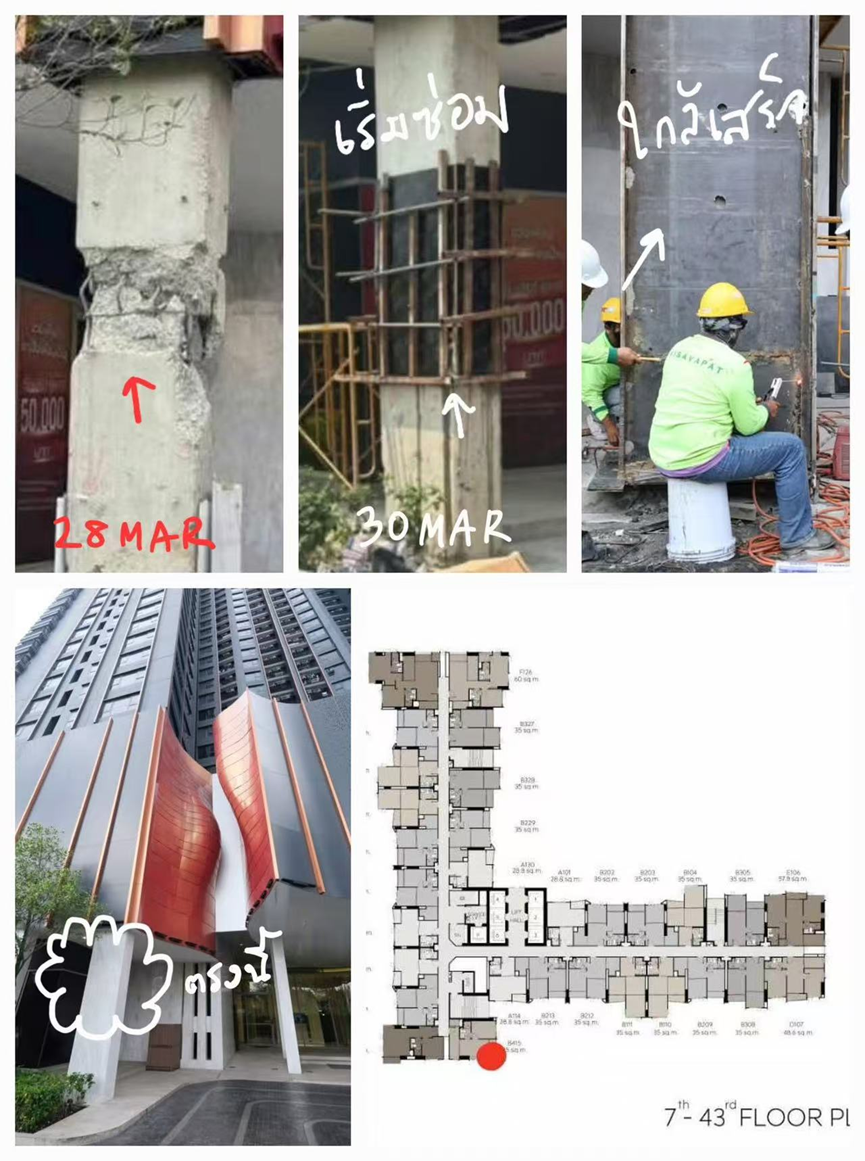
Q
万一房子结构出问题,还能住吗?
What If the Structure Is Compromised? Can the House Still Be Lived In?
不是所有损坏都只是“墙皮裂了”那么简单。如果这次地震导致你房子的柱子断裂、承重墙开裂、结构倾斜,那就不仅是维修的问题,而是:还能不能住的问题。如果你怀疑房屋可能存在结构性问题,请立刻采取以下行动:
Not all damage is just cracked paint. If the earthquake caused broken columns, cracked load-bearing walls, or tilting structures, the issue isn’t just about repair—it’s about habitability. If you suspect structural damage, act immediately:
1. 要求物业启动安全评估
物业公司有责任配合专业机构进行结构检测,确认是否存在坍塌风险。不要怕催,你有权知道你房子到底安不安全。
2. 联合其他业主,争取集体维修或赔偿
如果整栋楼都出现结构性问题,可以联名向物业或开发商施压,推动启动紧急加固或申请集体保险理赔,甚至走法律维权路线。
3. 暂时无法居住的,协调临时安置
一旦房屋不具备居住条件,你可以要求物业协调临时住宿,或在合同条款范围内向开发商申请临时赔偿。
4. 考虑法律咨询,看是否能提起集体诉讼
如果开发商偷工减料,导致大楼在地震中严重受损,你可联系律师评估是否具备集体诉讼条件,走法律途径追责。
1. Request a structural safety assessment
The property management is responsible for facilitating an official inspection to assess collapse risk. Don’t hesitate—they are obligated to cooperate.
2. Team up with other owners for joint claims or repairs
If the entire building has structural issues, consider a joint petition to the property manager or developer. You can push for emergency reinforcement, group insurance claims, or even take legal action.
3. If uninhabitable, arrange temporary relocation
If the home is deemed uninhabitable, request temporary accommodation from the management, or ask the developer for temporary compensation depending on the contract.
4. Seek legal advice to explore class-action options
If the developer cut corners during construction, leading to severe earthquake damage, consult a lawyer to evaluate the possibility of filing a class-action lawsuit.
这不是危言耸听。在泰国也有明确的建筑标准和开发商责任,一旦涉及结构安全问题,就要用“事故处理”的标准去应对,而不是“小修小补”。
This is not an overreaction. Thailand has clear building standards and developer responsibilities. If structural safety is at risk, treat it as a disaster response, not a minor repair issue.
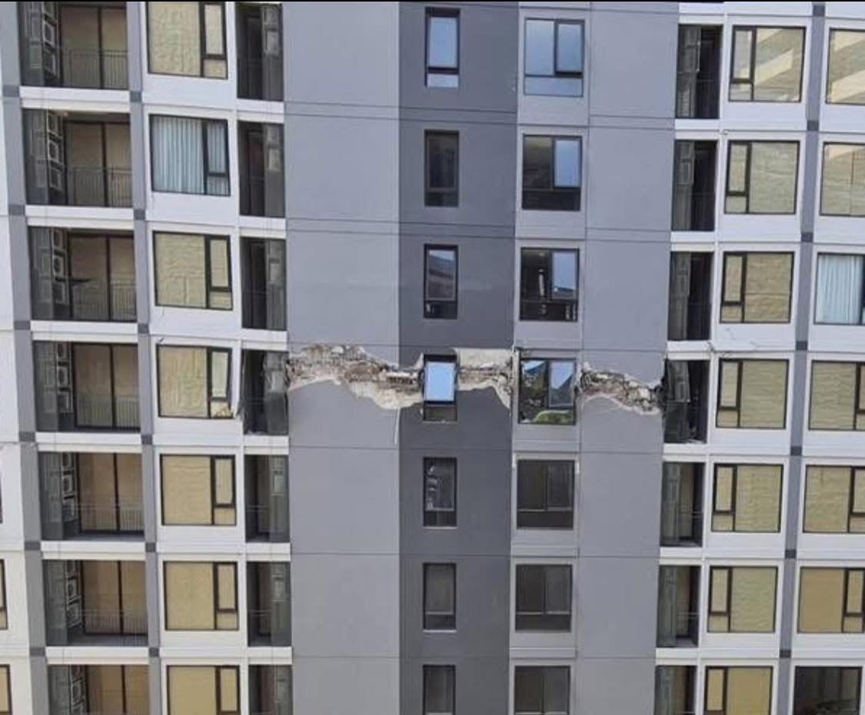
Q
面对未知的自然灾害,华人房东该怎么防?
How Can Chinese Landlords Prepare for Future Natural Disasters?
这场地震像是一次提醒——哪怕泰国不是地震频发区,极端事件也不是完全没可能发生。作为在海外持有房产的房东,风险意识要提起来。以下这些小建议,可能会帮你在下一次意外中少受很多损失:
This earthquake served as a wake-up call. Thailand may not be a high-risk earthquake zone, but extreme events are never entirely off the table. As a landlord with overseas property, risk awareness is crucial. Here are some useful tips to help minimize damage in the future:
1. 买房时注意结构抗震设计
尽量选择结构清晰、设计标准较高的楼盘,避开违规加建、改造严重的小楼或老房。品牌开发商虽贵,但在安全性上更有保障。
2. 不要省自然灾害附加险
房屋保险可以省,但自然灾害附加险千万别省,这是你面对大灾难时唯一能“回血”的底牌。
3. 固定好室内重物
悬挂的大镜子、电视、吊灯、书架等建议用螺丝固定或撤掉。你可能不住在里面,但租客在,出事也是你承担。
4. 别忽视小裂缝
墙面轻微开裂、电线松动、门窗轻微变形,不要抱侥幸心理,应第一时间安排检查,排除结构隐患。
5. 关注预警系统,加入物业应急群
不少地区会通过平台如“Traffy Fondue”发布灾情动态和维修申报入口。建议你保持与物业的高频沟通,哪怕人在国内,信息也不能断。
1. Prioritize earthquake-resistant buildings
When buying property, choose buildings with clear structural designs and higher construction standards. Avoid old or heavily modified buildings. Branded developers may be pricier, but they often ensure better safety.
2. Don’t skimp on natural disaster coverage
It’s okay to save on basic insurance, but never skimp on the natural disaster rider—this might be your only shot at financial recovery.
3. Secure heavy indoor items
Wall mirrors, TVs, chandeliers, and bookshelves should be fastened with screws or removed. Even if you don’t live there, tenants do—and you’re still liable for their safety.
4. Don’t ignore minor cracks
Hairline wall cracks, loose wiring, slightly warped doors/windows—don’t dismiss them. Have them inspected promptly to prevent larger structural issues.
5. Stay informed and join emergency response groups
Many areas use platforms like Traffy Fondue to publish disaster updates and repair service portals. Maintain frequent communication with your property manager—distance should not equal disconnection.
希望这篇文章能帮到在泰国置业的你,把复杂的事讲清楚,把麻烦的事安排明白。如果你还有朋友也在泰国买了房,记得转发给他们,别等事情出了才手忙脚乱。
想了解更多泰国房产实务内容?欢迎在评论区留言,我们会继续更新实用指南!
We hope this article brings clarity to your property journey in Thailand — turning complex matters into clear guidance, and handling the hassles so you don’t have to. Know someone else who’s bought property in Thailand? Share this with them — it’s always better to stay ahead than to scramble when problems arise.
Curious about more practical insights into Thai real estate? Leave a comment below — we’re here to keep the helpful guides coming!

